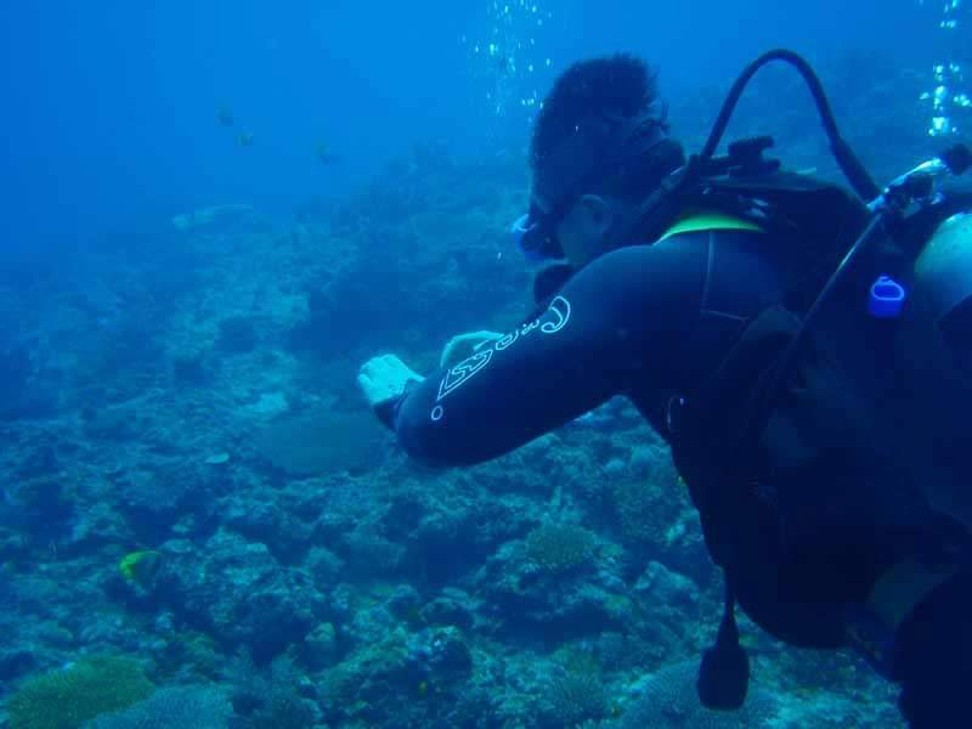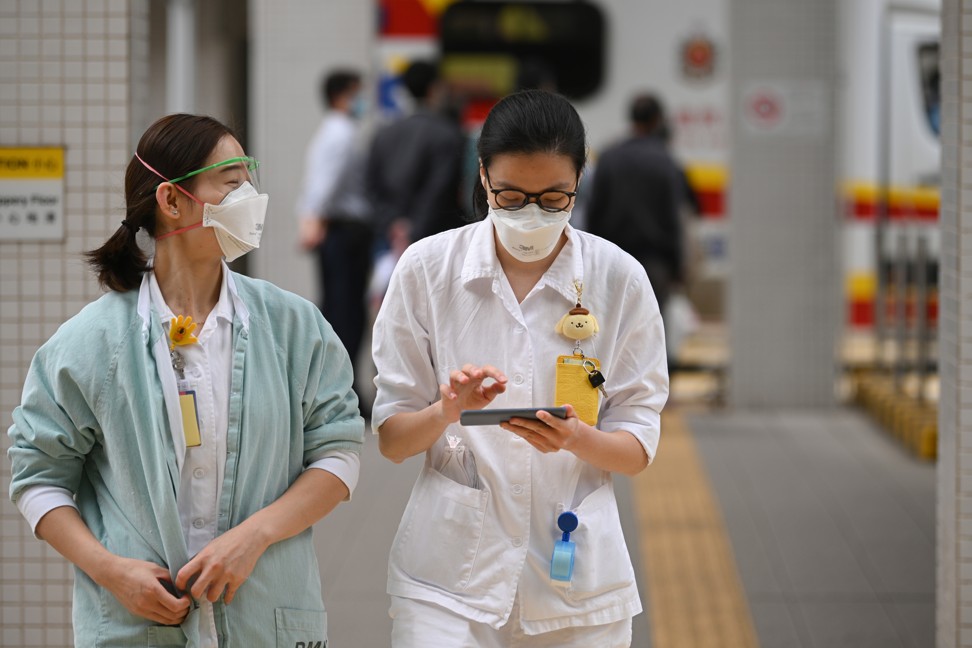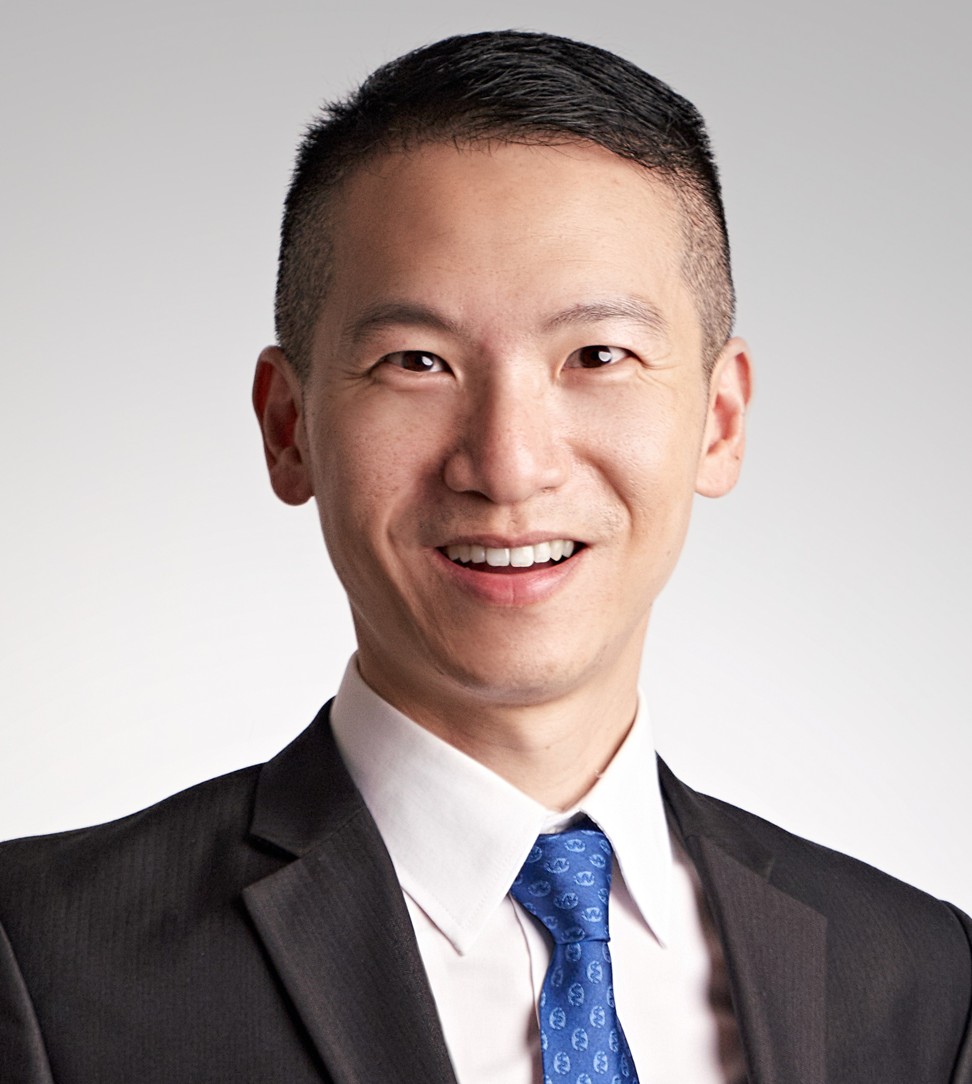Coronavirus: Hong Kong doctor shares his fears and ways of coping as he prepares for shifts on virus isolation ward
- ‘Dr Chan’ is preparing for a stint on a public hospital isolation ward for Covid-19 patients. He describes his concerns, saying: ‘Nobody has got our backs’
- Frequent exercise and leading as normal a life as possible has kept him sane so far, but he has updated his will to be prepared should the worst happen

Public health-care workers have more reason than most to be anxious amid the coronavirus outbreak. Those on the front lines are at greater risk of contracting Covid-19, the disease the virus causes, from their sick patients.
An internal-medicine specialist working in Hong Kong public hospitals, Dr Chan – not his real name, to protect his identity – has shared his two most pressing concerns: inadequate protective gear and the lack of understanding of the disease that make staff vulnerable to infection.
Even people with no symptoms can spread the virus, he notes. Covid-19 symptoms include flu- and fever-like symptoms, but “it can still spread when people are not running a fever”, says Chan, who is in his thirties.
He works in a hospital on a general ward that includes suspected Covid-19 cases. In a few weeks’ time, he will take a turn on the isolation ward, treating suspected and confirmed Covid-19 patients.
When Chan learned this last month, his heightened concerns prompted him to update his will to make sure his assets go to his spouse. “That was the responsible thing to do. When everyone is freaking out [should I die suddenly], at least there are clear instructions [for those left behind],” he says. “We feel nobody has got our backs.”
There are growing reports worldwide of medical workers contracting Covid-19; some have died. One case that made headlines was that of Chinese doctor and whistle-blower Li Wenliang, who tried to alert the public about the virus. The 34-year-old died on February 7 in Wuhan, where the epidemic began.
Chan, whose love of science from his youth led him to take up this vocation, tries to maintain a normal life by carrying on his usual routines, to help him cope. A fitness fanatic, he exercises daily, something he has been doing for 20 years.
“It’s part of me. That was how I relieved stress when I faced exams [in the past],” he says. These days, though, he wears a mask while he does his bench presses, squats and weight training, in the least crowded area of his gym.
Swimming two or three times a week helps to soothe him too. It’s a routine he compares to meditation.
“Underwater, it’s quiet … you have this rhythm that you follow that becomes automatic after a while,” he says. Reaching that state helps to clear his mind, and he is convinced this helps him sleep better. He aims for nine or 10 hours a night, as adequate sleep is vital for every function and the easiest way to strengthen the immune system, he says.
Coming home to a perpetually happy dog lifts his mood as well. “He’s a non-picky eater,” says Chan. “He doesn’t know when to stop.” The pet is always up for fun in the outdoors.
Amid the outbreak, the dog is the cleanest he has ever been. Chan had used disinfectant wipes on his pet from time to time in the last eight years, but now does so every day.

Chan is not panicking about the case of a dog in quarantine after its owner was found to have Covid-19. Hong Kong’s Agriculture, Fisheries and Conservation Department says the dog tested “weak positive” for the virus. Though the government says it is likely the first case of human-to-animal transmission of the virus, Chan is sceptical of this “confusing report”, especially since the dog did not have any symptoms.
The dog may simply have touched a surface contaminated with the virus, and could then have spread it to another surface, he says. Just as you would not wear dirty shoes in the house, you want to keep your dog as clean as possible.
This recent development reminds him that fomites – objects or materials that are likely to carry infection, such as clothes, skin cells, hair, and bedding – are an important mode of transmission for Covid-19. He gives his dog a shower after every walk.
I tell myself that something good is going to come out of this. That this isn’t going to be forever. I hope in future we look back and laugh and learn from all this
He has also booked his pet into a dog hotel for the few weeks that he will be in the isolation ward so that, whether he gets infected or not, he knows his pet will be taken care of.
“They’ll send me photos every day, so that’s reassuring,” Chan says.
Dr Gordon Wong Chun-bun, a psychiatrist at Optimind Clinic in Causeway Bay, Hong Kong, says Chan’s strategy to maintain normalcy is a good one, as frontline workers need to switch off from their duties and set a definitive boundary between their work and non-work lives.
“If they have a tendency to carry on working, there is no break from the constant threat of the virus,” says Wong.
The psychiatrist advises taking part in the same activities enjoyed before the crisis, to provide distractions so you will not dwell on the situation. Another tip is to maintain contact with family and friends, which is especially key for frontline workers who tend to isolate themselves and will risk enduring times of loneliness.

“I advocate social contact as much as possible, including online contact,” he says, and suggests using FaceTime and WhatsApp to do so.
“Having social contact can help people express their feelings, and the other person can offer support at these important moments.”
At a family dinner two days ago, Chan played down his coming isolation ward duty, for the sake of his parents. “Everything’s under control,” he told them.

“I said: ‘I’ll see you in April for a huge feast.’ I tell myself that something good is going to come out of this. That this isn’t going to be forever.
“I hope in future we look back and laugh and learn from all this.”